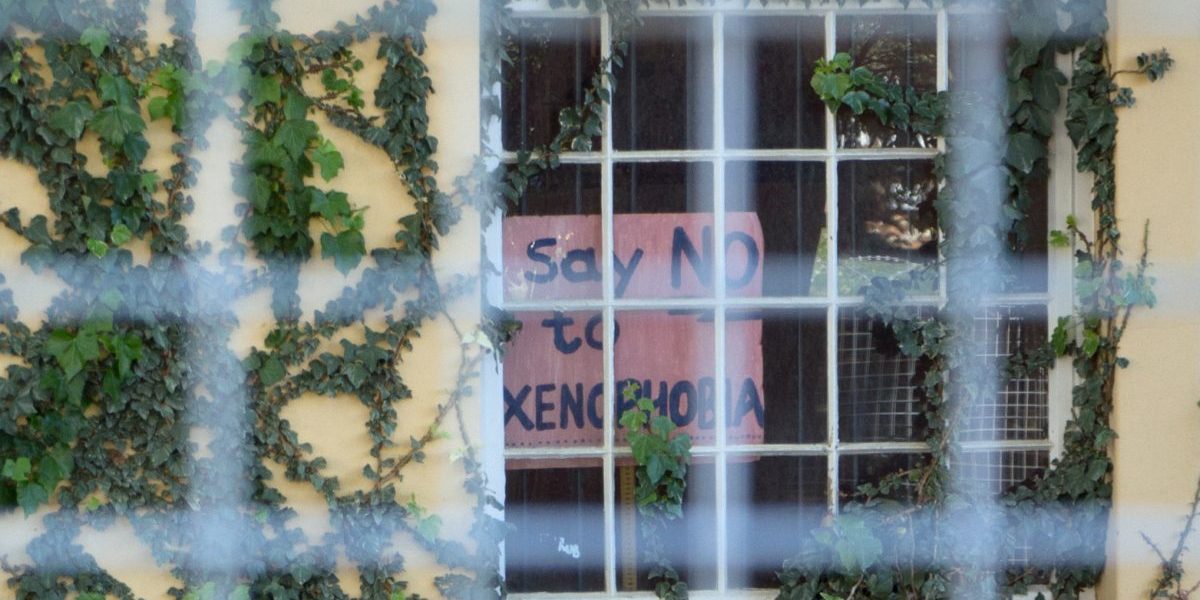An exceptional transition of domestic tolerance and a declared commitment to justice in the world were to serve as directive elements in South Africa’s diplomatic footprint in Africa. However, South Africa’s ability to lead – and to be emulated – on the basis of the ‘exceptionalism’ of its domestic order is increasingly under stress. Xenophobia, which has become a near-permanent feature of its domestic political economy, is undermining the country’s leadership role. Notionally, ubuntu as a central feature of the country’s foreign policy is ringing hollow. While more should be done to rehabilitate those sections of the population who perpetrate xenophobic violence, bolder domestic and foreign policy initiatives that speak to the scale of the problem are urgently needed. Only then can South Africa reclaim with some legitimacy lost ground as a torchbearer, as it attempts to remain the indispensable African country.








